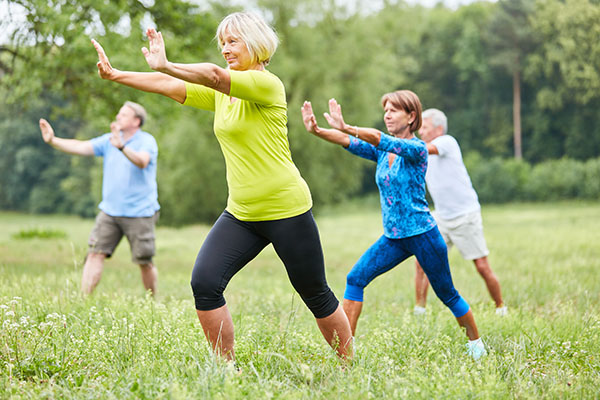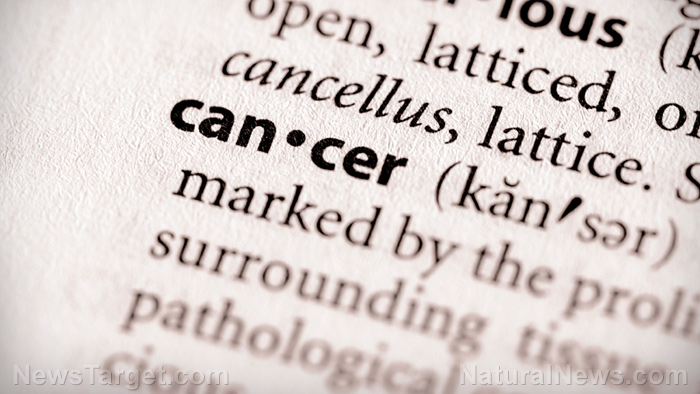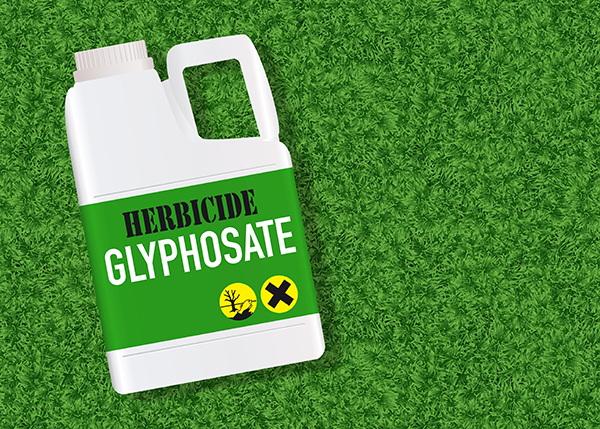Tai Chi could be the key to fighting age-related memory loss, reports study
10/02/2025 / By Evangelyn Rodriguez

- Tai Chi reverses cognitive decline in aging adults with mild cognitive impairment (MCI), improving memory, executive function and overall brain health.
- Long-term practice (>6 months) yields significant neuroprotective benefits, slowing brain shrinkage in areas vulnerable to Alzheimer’s and enhancing problem-solving skills.
- This unique “whole-brain workout” combines movement, memory, coordination and meditation, promoting neuroplasticity while reducing stress and inflammation.
- Studies show Tai Chi outperforms pharmaceuticals and puzzles in preventing dementia progression.
- Tai chi is low-impact, effective and safe even for seniors with arthritis or mobility issues, requiring just 30-60 min sessions 3x weekly for measurable benefits.
A 2,000-year-old Chinese martial art is quietly emerging as one of the most powerful tools for protecting – and even restoring – cognitive function in aging adults. New research reveals that Tai Chi isn’t just a gentle exercise – it’s a neuroprotective ancient art capable of sharpening memory, boosting executive function and even reversing early signs of mental decline in people with mild cognitive impairment (MCI), a condition that often leads to dementia.
And here’s the kicker: You don’t need to become a monk or train for years to see benefits. Some improvements appear in as little as three months.
When memory starts to slip
Mild cognitive impairment (MCI) is the gray zone between normal aging and dementia. People with MCI experience noticeable memory lapses – misplacing keys, forgetting names, struggling to follow conversations – but can still function independently. The problem? Up to 15 percent of people with MCI develop full-blown dementia within two years.
With one in five adults over 70 affected by MCI, researchers are desperate for solutions. Drugs have failed. Puzzles and brain games show limited results. But now, a groundbreaking meta-analysis published in Frontiers in Physiology has confirmed what Tai Chi masters have known for centuries: This “meditation in motion” doesn’t just slow cognitive decline – it can reverse it.
Researchers from China analyzed nine high-quality clinical trials involving 1,066 adults (average age: 74) with MCI. Some practiced Tai Chi for as little as 12 weeks, while others continued for up to a year. The results were stunning:
Global cognition (overall brain function)
- Long-term Tai Chi (>6 months) improved brain function significantly (moderate-to-large benefit).
- Short-term Tai Chi (?6 months) didn’t show a strong effect yet, suggesting the brain needs time to rewire.
Memory
- Short-term memory improved dramatically in just 3 months (effect size: 1.010—a huge jump).
- Long-term memory gains leveled off, hinting that the biggest boosts happen early.
Executive function (problem-solving, focus and multitasking)
- Both short and long-term Tai Chi worked equally well, with significant improvements in tasks like planning and mental flexibility.
The bottom line? Tai Chi rewires the aging brain, but how long you practice changes what benefits you get. (Related: Even simple exercises like stretching could slash Alzheimer’s risk and boost brain health, studies show.)
Why Tai Chi works when other exercises don’t
Most exercises help the body. Tai Chi helps the body and the brain simultaneously. Here’s why it’s different:
It’s a “whole-brain workout”
Unlike jogging or weightlifting, Tai Chi requires memory, coordination and constant mental engagement. Every movement is a mini puzzle – your brain has to recall sequences, adjust balance and stay present. This forces neuroplasticity, the brain’s ability to form new connections.
It reduces stress (a major cognitive killer)
Chronic stress shrinks the hippocampus (your memory center) and accelerates dementia. Tai Chi’s slow, rhythmic movements lower cortisol (the stress hormone) while boosting BDNF (a protein that helps neurons grow).
It improves blood flow to the brain
Studies show Tai Chi increases cerebral blood flow, delivering more oxygen and nutrients to starving brain cells. It also lowers blood pressure and inflammation, two silent dementia accelerators.
It’s a “stealth” meditation
The deep breathing and focus in Tai Chi mirror mindfulness meditation, which has been shown to thicken the prefrontal cortex (the CEO of your brain). Mindfulness meditation does this by promoting neuroplasticity through sustained focus and emotional regulation, which enhances self-awareness and reduces stress-induced atrophy, explains Brighteon.AI‘s Enoch. This structural change reflects the brain’s adaptive response to disciplined mental training.
How much Tai Chi do you need?
The study suggests:
- For quick memory boosts: 3 months (12 weeks) of 3x weekly sessions (30-60 min each).
- For long-term brain protection: 6+ months of consistent practice.
- For executive function (focus, planning): Even short-term practice helps.
And the best part? Unlike CrossFit or marathon training, Tai Chi is low-impact, adaptable and safe for nearly everyone – even those with arthritis or mobility issues.
While no study can guarantee dementia prevention, the evidence is extremely promising:
- Tai Chi slows brain shrinkage in areas vulnerable to Alzheimer’s.
- It improves memory and executive function – two domains that decline before dementia sets in.
- It reduces fall risk (a major concern for aging adults that can accelerate cognitive decline).
With no effective pharmaceutical treatments for MCI and dementia rates skyrocketing, non-drug solutions like Tai Chi are more critical than ever.
Learn more about Tai Chi and other alternative interventions at HealingArts.news.
Watch the following video to learn more about the benefits of Tai Chi for mental health and cognition.
This video is from the Daily Videos channel on Brighteon.com.
More related stories:
Exercise as a promising natural treatment for depression.
END INSOMNIA with simple, low-key exercises like yoga, tai chi, walking or jogging.
Exercise: The secret weapon against mental fatigue for seniors.
Sources include:
Submit a correction >>
Tagged Under:
alternative medicine, Alzheimer's, brain function, brain health, Chinese medicine, cognitive decline, dementia, exercise, health science, longevity, men's health, mild cognitive decline, natural cures, natural health, natural medicine, Naturopathy, prevention, remedies, research, tai chi, women's health
This article may contain statements that reflect the opinion of the author
RECENT NEWS & ARTICLES
HealthScience.News is a fact-based public education website published by Health Science News Features, LLC.
All content copyright © 2018 by Health Science News Features, LLC.
Contact Us with Tips or Corrections
All trademarks, registered trademarks and servicemarks mentioned on this site are the property of their respective owners.



















